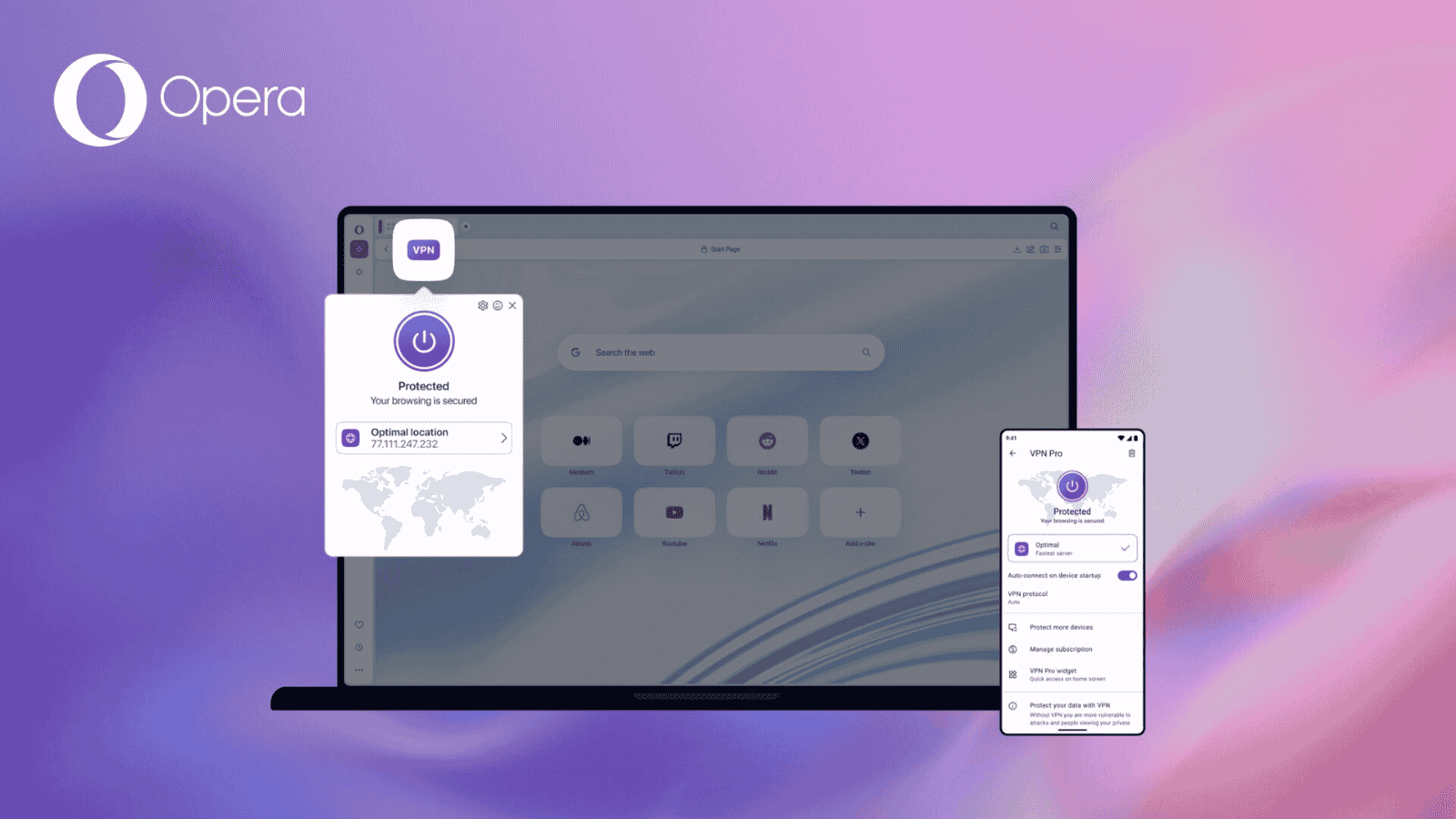
BREIN Says Piracy Intermediaries Are Its Next Target
- BREIN wants to force intermediaries like hosting providers and ISPs to collaborate with the authorities.
- The anti-piracy group says fake or inadequate identification details are no longer acceptable.
- The organization remained very active during the COVID-19 lockdowns, as this was a damaging period for creators.
BREIN, the active and prolific Dutch anti-piracy group that is usually targeting large platforms and content distribution networks, is now laying out a more encompassing plan. More specifically, they are preparing to target intermediaries, as these chain links are playing a pivotal role in pirated content distribution that cannot be overlooked or ignored.
Previously, the group has launched legal action against the most prolific torrent uploaders but left casual pirates undisturbed. Those engaging in the most blatant activities, though, were still tracked down and summoned in courts of law.
In the first six months of 2020, BREIN took 250 actions against pirates of various levels, removing 765,000 search results from Google, and conducting 1,000 interventions to remove advertisements pointing to, or promoting illegal content. BREIN underlines the fact that remaining active during COVID-19 was very important, as music artists literally had no other way to generate income than selling their music online. The same applies to filmmakers, as the lockdowns shut down cinemas, and pirate sites were basically stealing all revenues that could potentially reach the creators.
But the area where BREIN wants to focus on from now on is the intermediaries. These are people and entities who enjoy limited liability and generally maintain the belief that anti-piracy groups and copyright holders wouldn’t bother targeting them. BREIN will take legal action to compel these entities to share identifying data on other pirates, shut down or block their service provision to illegal platforms, and generally cooperate with the law enforcement.
Last year, BREIN gave intermediaries a taste of this by targeting hosting providers, and in April 2020, they went against ISPs YISP, Serverius, and Worldstream. Even earlier, in 2010, they dragged Ziggo ISP in court, trying to force them to block access to The Pirate Bay.
It’s clear that BREIN isn’t willing to exclude intermediaries, and they have a history of going after them. BREIN says that its legal team is prepared for waves of fake identification details, so they are planning to secure court decisions that would compel intermediaries to collect, verify, and share reliable data about their customers.
If such an order is issued, it would mean that Dutch hosting providers and ISPs could no longer sell anonymous services to anyone, as that would violate the law. Still, there’s a long way to go until anything like that is locked at the political and law-making level, but BREIN lays out an aspiring plan that points to that direction.






